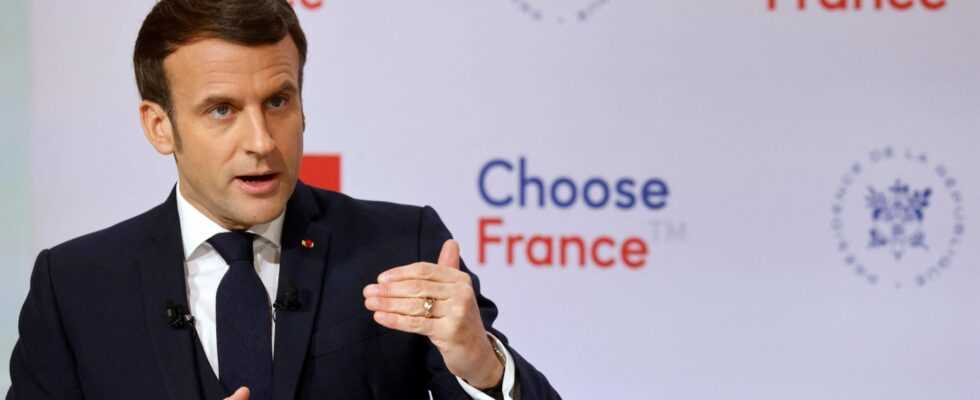Since the 2017 presidential election, politicians are increasingly interested in digital platforms. The war of social networks, many candidates for the 2022 election have understood, and are now adopting real communication strategies. To widely disseminate their message without the filter of traditional media and thus convince voters, the candidates expose themselves on Twitter, Facebook, Instagram, TikTok.
Media that speak particularly to young people but which require a certain objective analysis if one wants to vote for ideas and not a character. And that’s what the “Elyze” application encourages us and helps us to do: find the candidate who best meets our expectations, beyond eloquence and attractive communication.
Emmanuel Macron on the front line on the networks
However, this massive use of social networks is not new and remains the specialty of young Macronist strategists. Indeed, the candidate Emmanuel Macron had already stormed them in 2017 and has continued to multiply and strengthen his presence. With more than 2.7 million subscribers on Instagram and as many on TikTok, networks that he used particularly during confinement in order to stay close to “his” youth, he opted for an extremely young and popular mandate.
For example, the President of the Republic did not hesitate to make young people aware of barrier gestures several times through “real” Instagram or by soliciting influencers like McFly and Carlito.
Candidates who play it “influencers”
The 2022 presidential candidates are now taking over and becoming more active on the various digital platforms. Beyond this desire to reach young people, digital platforms allow candidates to communicate extremely quickly and efficiently… And for the time being, without counting the speaking time. For Eric Zemmour, it is even the essential springboard, to start without a party and without an elected official. But doesn’t this little communication-seduction game run the risk of reducing our politicians to influencers, with all their intense share of futility?
Indeed, massively followed, with sometimes more than five million subscribers, our influencers show themselves in all the most banal scenes of everyday life. If we have never yet seen commercial partnerships on the part of presidential candidates, it is clear that there is a popular enthusiasm that pushes them to always reveal their personal lives and to make themselves always more accessible… virtually.
“Elyze”, the success of an application that tells you who to vote for
And a twist, this year, “Elyze” wants to solve the problem of the generation that is too “influenceable” by adding a little objectivity to this network war. This application, which is nicknamed the “Presidential Tinder”, makes all the programs of the 2022 candidates accessible and calculates by an algorithm who you should vote for.
This is explained by Grégoire Cazcarra, student co-creator of the application. “We built this tool to reconcile our generation with the presidential election”. If it did not claim, at the beginning, to have such an impact on the decision-making of the connected generation, this application may have a decisive influence on the number of voters in 2022.
